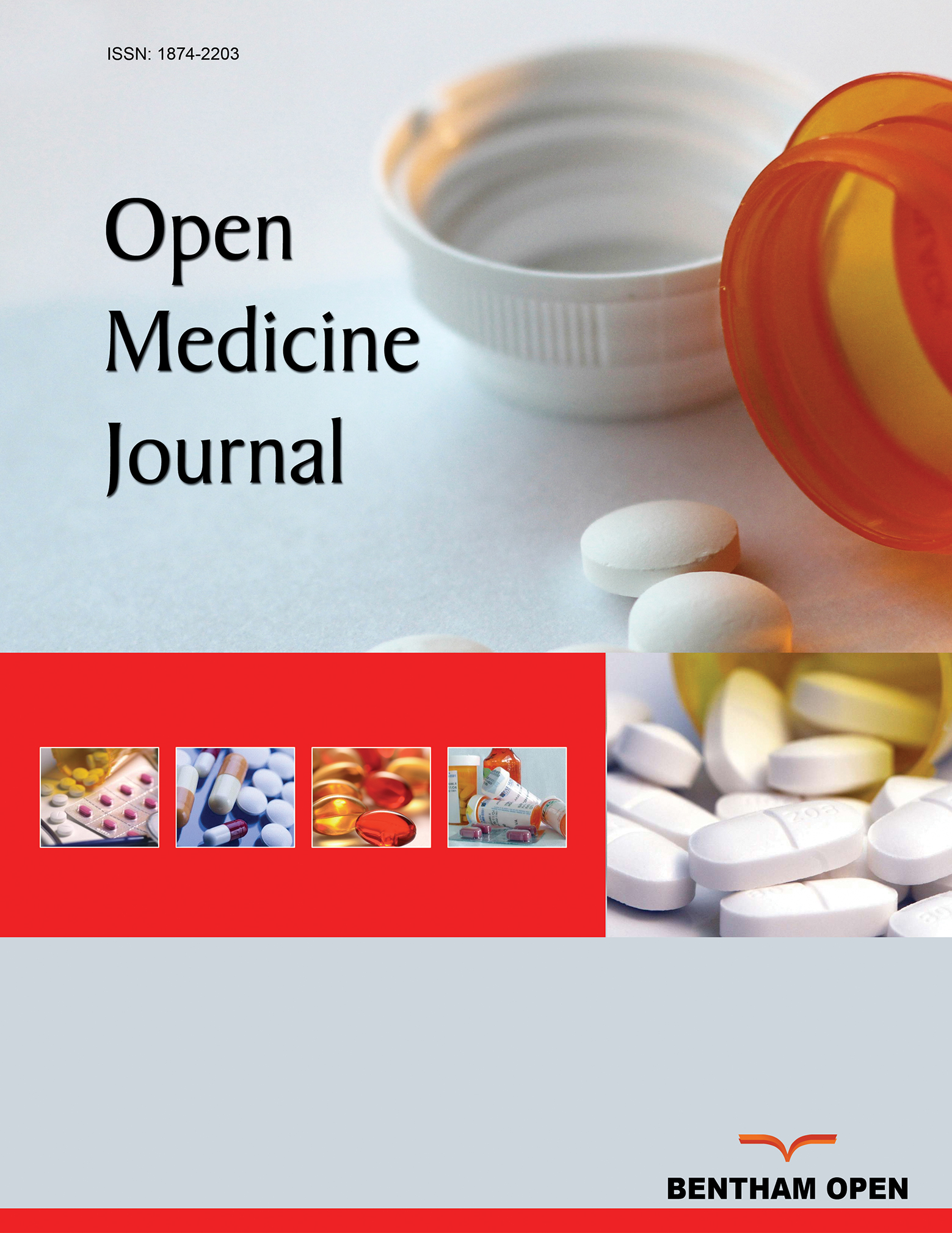All published articles of this journal are available on ScienceDirect.
Migration of International Medical Graduates: Implications for the Brain-Drain
Abstract
Studies indicate that about 23 percent to 28 percent of the physicians working and residing in the United States, Canada, Australia, the UK and New Zealand were born and trained in the low-income countries, areas suffering from critical shortages of physicians and other health workers. In the US alone, the preponderance of the foreign physicians hails from South Africa, Philippines, India, Pakistan, and Nigeria. From Africa alone where the burden of disease, poverty, deprivation and death are greatest, around 23,000 qualified physicians emigrate annually. From the perspectives of the low-income countries, significant amounts of resources are, by necessity, committed into turning their nationals into vital intellectual capital for their own desperately needed health needs and crumbling healthcare systems. Thus, the migration of these physicians to other nations to help strengthen their already stable health care systems is not only ethically deplorable but poses moral hazards for both the physicians and the high-income countries. That is, high-income countries such as the United States, Canada, UK, Australia and New Zealand are draining the scarce recourses of the low-income countries through the loss of intellectual capital, a phenomenon that socio-economic and developmental experts have dubbed “the brain drain”.


